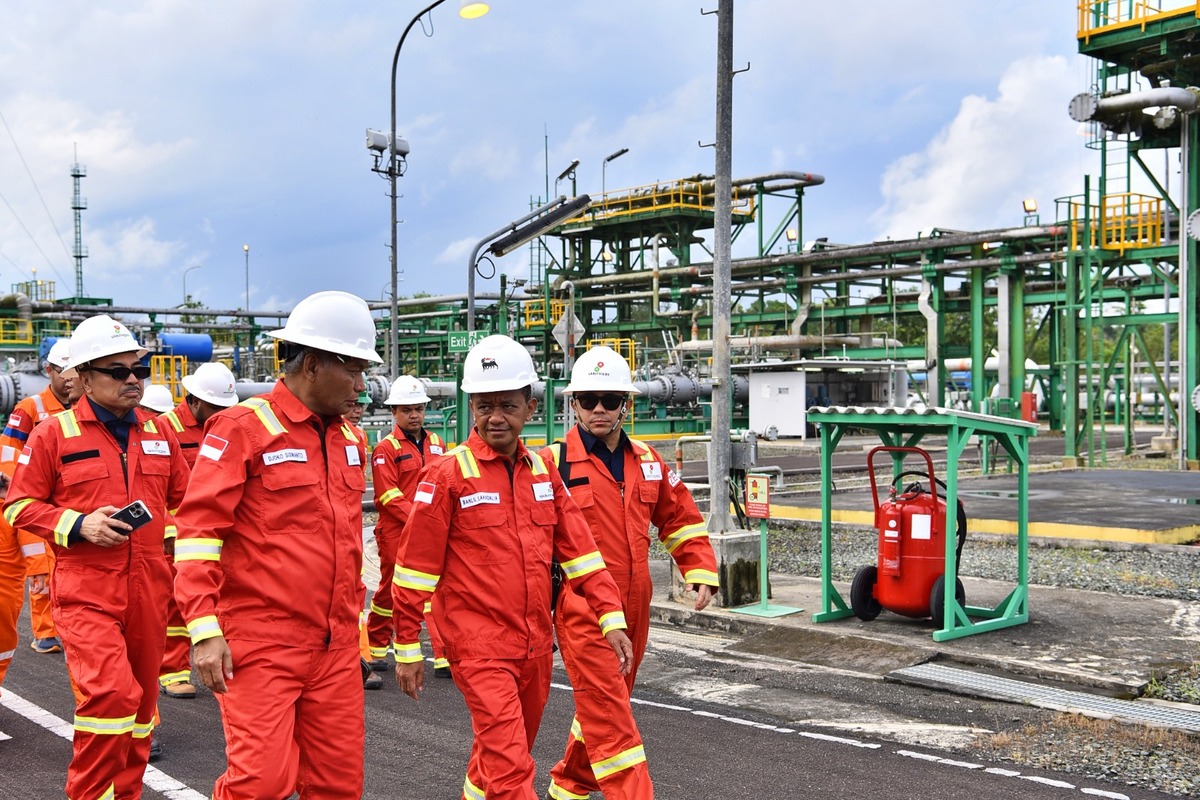Italian energy giant Eni has embarked on a significant venture in Indonesia's oil and gas sector through the Indonesia Deepwater Development (IDD) project. This initiative is poised to enhance Indonesia's energy production capabilities, aiming to add approximately 90,000 barrels of oil per day to the national output.
Eni's Role in Indonesia's Energy Landscape
Eni's involvement in Indonesia dates back to 2001, with a focus on upstream activities, particularly in East Kalimantan. The company's commitment to the region has been solidified through substantial investments and strategic partnerships.
The IDD project, previously under Chevron's operation, has been transferred to Eni, marking a pivotal shift in the management of Indonesia's deepwater resources. This transition is expected to streamline operations and accelerate project timelines.
Indonesia Deepwater Development (IDD) Project Overview
The IDD project encompasses several key fields, including the Gendalo and Gehem gas fields located in the Makassar Strait. These fields are integral to Indonesia's strategy to boost its oil and gas production.
The project's development plan includes the integration of existing infrastructure, such as the Jangkrik Floating Production Unit, to optimize resource utilization. This approach is anticipated to enhance efficiency and reduce operational costs.
Projected Impact on Indonesia's Energy Sector
The successful execution of the IDD project is expected to have a substantial impact on Indonesia's energy sector. By increasing oil production by 90,000 barrels per day, the project will contribute significantly to the national energy supply.
Furthermore, the project aligns with Indonesia's broader objectives to achieve energy self-sufficiency and reduce reliance on energy imports. The increased production capacity will also support the country's economic growth and energy security.
Environmental and Economic Considerations
Eni has emphasized its commitment to environmental sustainability in the development of the IDD project. The company plans to implement advanced technologies to minimize environmental impact and ensure compliance with international environmental standards.
Economically, the project is expected to generate employment opportunities and stimulate local economies in the regions surrounding the project sites. The influx of investment and development activities will likely have a positive ripple effect on various sectors.
Future Prospects and Strategic Importance
The IDD project represents a strategic asset for both Eni and Indonesia. For Eni, it solidifies the company's presence in Southeast Asia and expands its global portfolio. For Indonesia, it marks a significant step toward achieving long-term energy goals and enhancing the country's position in the global energy market.
The collaboration between Eni and Indonesian authorities exemplifies the potential for successful partnerships in the energy sector, fostering mutual growth and development.
Read More






 Wednesday, 04-03-26
Wednesday, 04-03-26







